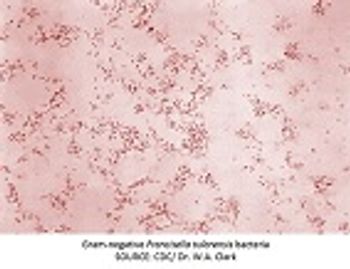
Two new inhibitory compounds—named KKL-10 and KKL-40—could hold the key to preventing the proliferation of the highly virulent bacterium Francisella tularensis, according to a recent study.

Two new inhibitory compounds—named KKL-10 and KKL-40—could hold the key to preventing the proliferation of the highly virulent bacterium Francisella tularensis, according to a recent study.

The on-again, off-again debut of the controversial film “Vaxxed: From Cover-up to Catastrophe” at the Tribeca Film Festival in March once again made the debate surrounding pediatric vaccination headline news.

On April 18, 2016, the director-general of the World Health Organization, Margaret Chan, OBE, JP, discussed antimicrobial resistance at a United Nations briefing in New York.

As it turns out, there’s a wrong way to wash your hands. A recently published study found WHO's six-step handwashing method to be superior to the CDC's three-step method.
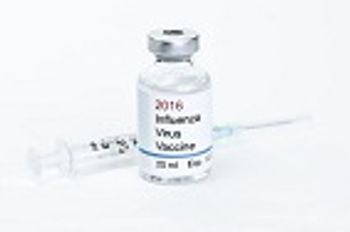
Seasonal influenza results in nearly 50,000 deaths each year in the United States alone, and 5 to 10 times as many deaths in all industrialized countries combined.

The results of a recent study suggest that the location of alcohol-based hand sanitizer stations in hospital entrances could influence visitor hand hygiene compliance.

On March 8, 2016, researchers at the Ulsan National Institute of Science and Technology reported the development of an antibacterial fabric that inhibits the growth of bacteria, including antibiotic-resistant bacteria.

The results of a recent research report offer new insights into the molecular mechanisms governing at least one aspect of genetic innovation in the mammalian immune system.

Dorothy McCoy, PharmD, shares advice on when a patient with norovirus should go to the emergency room.

Dorothy McCoy, PharmD, provides advice for healthcare practitioners on counseling patients with norovirus.

Study shows that nitric oxide may inhibit infection-induced neuroinflammation.

Dorothy McCoy, PharmD, explains what patients in the hospital should do if they have concerns about their medications.

Dorothy McCoy, PharmD, shares information on how to avoid a hospital acquired infection (HAI).

Dorothy McCoy, PharmD, describes what healthcare professionals can do to help avoid Clostridium difficile (C. diff) infections in their patients.

On the heels of the Bumble Bee Foods, LLC chunk light tuna recall, Tri-Union Seafoods, LLC recently issued a voluntary recall on cans of its chunk light tuna packed in water or oil.

Dorothy McCoy, PharmD, explains why Clostridium difficile (C. diff) is so difficult to prevent.

Dorothy McCoy, PharmD, shares what healthcare professionals can do to avoid fungal infections in their patients.
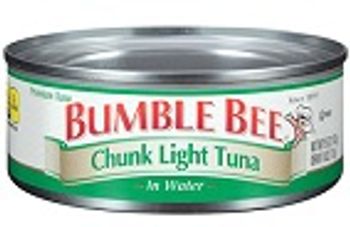
Bumble Bee Foods, LLC recently issued a voluntary recall on cans of its chunk light tuna packed in water or oil.

Dorothy McCoy, PharmD, explains what makes fungal infections so difficult to treat.
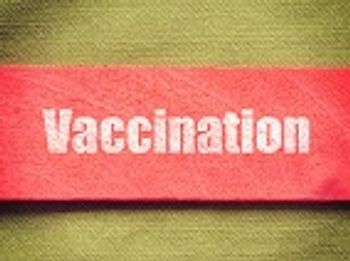
A recent study attributes the rise in infections of preventable infectious diseases to the growing number of individuals who are refusing vaccines.

Fear of a Zika epidemic in Puerto Rico lead the HHS to initiate the transportation of "safe blood" to the island on March 5, 2016, two days before the CDC Director, Tom Frieden, MD, MPH, arrived there to evaluate the CDC's support for Zika response and inform residents about prevention methods.

The Centers for Disease Control and Prevention believes far too many Americans are exposed to "dangerous, drug-resistant bacteria" in hospitals and other healthcare settings.
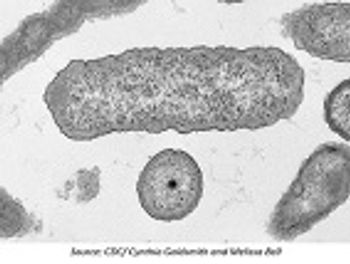
Eighteen Wisconsin residents who have been struck with bloodstream infections caused by the Elizabethkingia anophelis bacteria, have died.

Jason C. Gallagher, PharmD explains the most important thing healthcare practitioners should keep in mind about antimicrobial stewardship.

A recent study demonstrates the first evidence of the national impact of the HPV vaccine among females in their 20s.